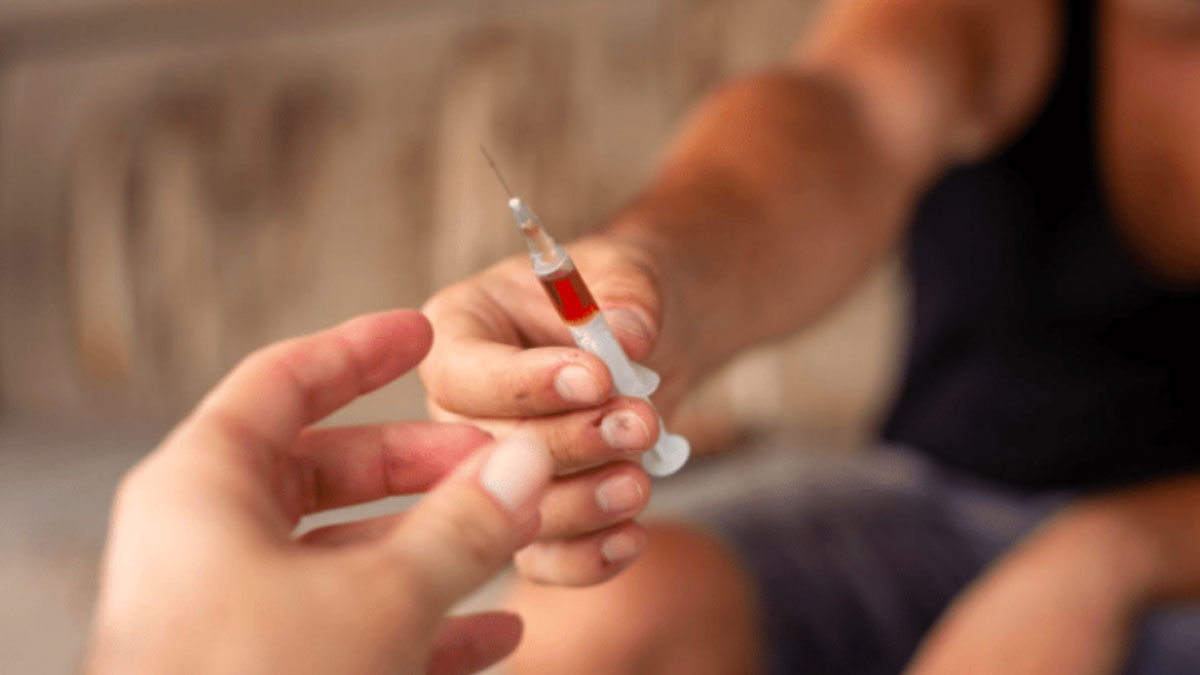
Minister for Health Dr Atonio Lalabalavu has declared a HIV outbreak in Fiji.
While declaring the outbreak during the launch of the Fiji National HIV Surge Strategy 2024-2027, Dr Lalabalavu says from January to September 2024, Fiji has recorded 1,093 new cases of HIV and this means that Fiji has met the definition for an outbreak of HIV nationally.
He says this declaration reflects the reality that HIV is evolving at a very fast rate in our communities.
He also says the 90-Day Plan, which they have begun to execute, is designed to fast-track immediate, high-impact interventions as we battle with significant rise in HIV, which they believe is spurred by the current illicit drug epidemic in the country.
He adds a person who injects drugs and shares used needles is 29 times more likely to contract HIV, and their data today is a clear reflection of this.
The Minister says to address this, targeted interventions will be introduced to reduce new cases among injecting drug users, including harm reduction programs and greater accessibility to prevention services.
Dr Lalabalavu says the 1,093 new HIV cases, are dispersed across the country with 766 cases recorded in the Central Division, 292 cases in the Western Division, 33 cases in the Northern division, and the Eastern division recorded 2 cases.
He says the age group most affected is 20 to 29 years old, with 553 cases accounting for 51 percent of cases.
He further says among the reported cases, 784 are males, and 990 or 90.6 percent are of iTaukei descent, followed by Fijians of Indian descent at 8.2 percent (90 cases) and other ethnicities at 1.2 percent (13 cases) The Minister adds that out of the new cases, only 52 percent (572 cases) have been successfully linked to care and among those linked to care, 77 percent or 443 cases have known transmission routes.
He says of these, 223 cases or 50.3 percent have reported Injecting Drug Use (IDU) as a primary mode of transmission, while 202 cases or 45.6 percent have reported sexual transmission as a primary mode of transmission.
Dr Lalabalavu says an additional 129 cases or 23 percent are currently under evaluation to determine their primary transmission routes. He stresses that the Ministry conducted 45,677 lab-based HIV screenings and 5,173 point-of-care tests (POCT) during this period, demonstrating its commitment to expanding HIV testing services. Dr Lalabalavu says there were 115 HIV-related deaths recorded in the same timeframe, with 29.6 percent (34 deaths) occurring among individuals diagnosed in 2024.
He adds these 34 deaths were unfortunately late diagnosis.
Stay tuned for the latest news on our radio stations

